Human Mobility and Migration
This line of research focuses on the study of national, regional, and international migration and human mobility processes.
It addresses its intersectionality with gender, history, law, technology, and economics. It analyzes collective imaginaries and perceptions, and the situation of migrants, refugees, and people in human mobility in Ecuador, in order to analyze their limitations and strengths in relation to the country and the region.
Research Projects
Migration and Food Insecurity in the Global South: interactions, impacts, and remedies (MiFood project)
Main objective: 7-year project of the Social Science and Humanities Research Council (SSHRC) of Canada. It involves the participation of 13 countries, led in Ecuador by Cheryl Martens from USFQ and Myriam Paredes from FLACSO, in collaboration with Laurier University, led by Jonathan Crush.
Regional challenge: the exodus of Venezuelan migrants to Ecuador
Main objective: To analyze the socio-economic profile of Venezuelan migrants in the country and analyze the limitations of their integration, to formulate recommendations for national and regional migration policies to take advantage of the potential of the Venezuelan exodus to contribute to the development of the country and Latin America.
Deployment of COVID-19 Vaccines for Refugees and Migrants: Protocol for a Mixed-Method Multi-Country Study
Main objective: To analyze compliance with COVID-19 vaccines for refugees and migrants in Ecuador through a multi-country mixed-methods study.
CIHR
Dossier Eutopia
Main objective: This EUTOPIA dossier bases its discussion on these five fundamental axes:
- The effects of migration on the territories of origin and destination.
- Strategies implemented by vulnerable migrant populations in host cities to guarantee food for family groups in the face of exclusion and precariousness.
- Rearticulations in rural-urban migratory flows and their impact on the territory.
- The new dynamics of human mobility in the territories in the context of COVID-19.
- Relationship between migratory processes and food (in)security.
Dossier CENDES
Main objective: This Dossier will include debates on the dynamics of human mobility in Ecuador and the problems derived from their access to basic goods and services. As part of the thematic contents of the thematic issue are:
Access to GBV protection services for women in human mobility, access to the labor market for LGBTIQ+ groups in mobility, comparison of migrant populations in Ecuador, welfare traps, among other topics.
Situational diagnosis on sexual health, reproductive health, and gender-based violence, and its link with people in a situation of human mobility
Main objective: Conduct a diagnosis on the situation of sexual and reproductive health and gender-based violence in the cantons of Quito, Machala, Manta, Guayaquil, and Lago Agrio, making visible the barriers to access to services faced by the population in a situation of human mobility.
Publications
- Alvarez Velazco, S., Berg, U. and Eguiguren, M.M.(2021). La dimensión pedagógica del proyecto (In)Movilidades en las Américas y COVID-19. Blog del Museo de la Inmigración del Estado de Sao Paulo. https://museudaimigracao.org.br/blog/migraciones-a-debate/la-dimension-pedagogica-del-proyecto-inmovilidades-en-las-americas-y-covid-19
- Cano, G., Pérez Martínez, L., Eguiguren, M.M., Ceballos Medina, M. and González, A. (2021). Éxodo venezolano y paradojas frente a la regularización: la situación de Colombia y Ecuador. Revista Común. https://revistacomun.com/blog/exodo-venezolano-paradojas-frente-a-la-regularizacion-la-situacion-de-colombia-y-ecuador/
- Eguiguren, M.M. (2021). Migration, betterment, and modernity. Encounters and un-encounters between mobility and access to education as life projects in three generations of migrants from Loja, Ecuador en L. López, I. Cepeda-Mayorga y E. Tijoux (Eds.), Interrogating the Relations between Migration and Education in the South. Routledge, 79 – 97.
- Eguiguren, M.M. (2020). Production des subjectivités néolibérales dans des espaces périphériques : projets de mobilité et changements intergénérationnels en Équateur en A. Nyenyezi Bisoka y C. Giraud (Eds.), Néolibéralisme et subjectivités : Michel Foucault à l'épreuve de la globalisation, Presses universitaires de Louvain, 73 - 93.
- Eguiguren, M.M. (2019). Movilidades y poder en el Sur del Ecuador, 1950 - 1990. FLACSO.
- Eguiguren, M.M., Ramos, P. (2018). Entre periferia, frontera y circulación: repensando la región sur del Ecuador desde la geografía feminista en Herrera, Yépez y Lafleur (Coords.), Migraciones internacionales, Estado, crisis y desarrollo en Ecuador y Bolivia. FLACSO Ecuador.
- Yépez, I., Ramos, P. and Eguiguren, M.M. (2018). Nuevas perspectivas para el estudio de la movilidad, en I. Yépez et al (Eds.), Le développement revisité. 60 ans d'études du développement, Louvain-la-Neuve: Presses universitaires de Louvain.
- Eguiguren, M.M. (2017). Los estudios de la migración en el Ecuador: del desarrollo nacional a las movilidades, Íconos, Revista de Ciencias Sociales, n. 58, mayo 2017, pp. 59-81.
- Eguiguren, M.M. (2017). Regional migratory policies within the Andean Community of Nations: crisis vs. reinforcement of freedom of movement within the region en Sonja Nita et al (Eds.), Migration, Free Movement and Regional Integration. UNESCO - UNU-CRIS.
- Herrera, G., Eguiguren, M.M.(2014). Migración y desarrollo: Interrogantes sobre el vínculo desde la experiencia latinoamericana. en G. Herrera, I. Yépez del Castillo, J.-M. Lafleur (eds.), El vínculo entre migración y desarrollo a debate: Miradas desde Ecuador y América Latina. Quito: FLACSO - ARES - UCL - Ulg. pp 23-70.
- Eguiguren, M.M. (2011). Sujeto migrante, crisis y tutela estatal: construcción de la migración y modos de intervención del Estado ecuatoriano. FLACSO.
- Dávalos, C. and Gamble, J. Informal Transit Infrastructures: Gendered experiences of moving around the Peripheries of Quito, Ecuador. In Gendered Infrastructures: Dialectics of Form, Identity and Space Gender, Feminism and Geography. West Virginia University Press. Area (forthcoming).
- Gamble, J. and Cristen Dávalos (2019). Moving with Masculine.Care in the City: Informal transit and laboring practicing in Quito.
- Martens, C. (forthcoming). Venezuelan Migration and Intersections of Gender Race and Class in Quito’s Food Truck Scene. Journal of Space and Culture.
- Martens, C., Milán, T. Flores, J., et al. (2021). The current state of the situation of migrants and refugees in temporary housing and shelters in Ecuador March-April 2021. Care international.
Alliances
- University of Sydney - The International Institute of Migration and Development (IIMAD), in collaboration with the Hungry Cities Partnership (HCP) MiFOOD Project.
- Wilfrid Laurier - Gobienrno de Canadá (CIHR, SSHRC).
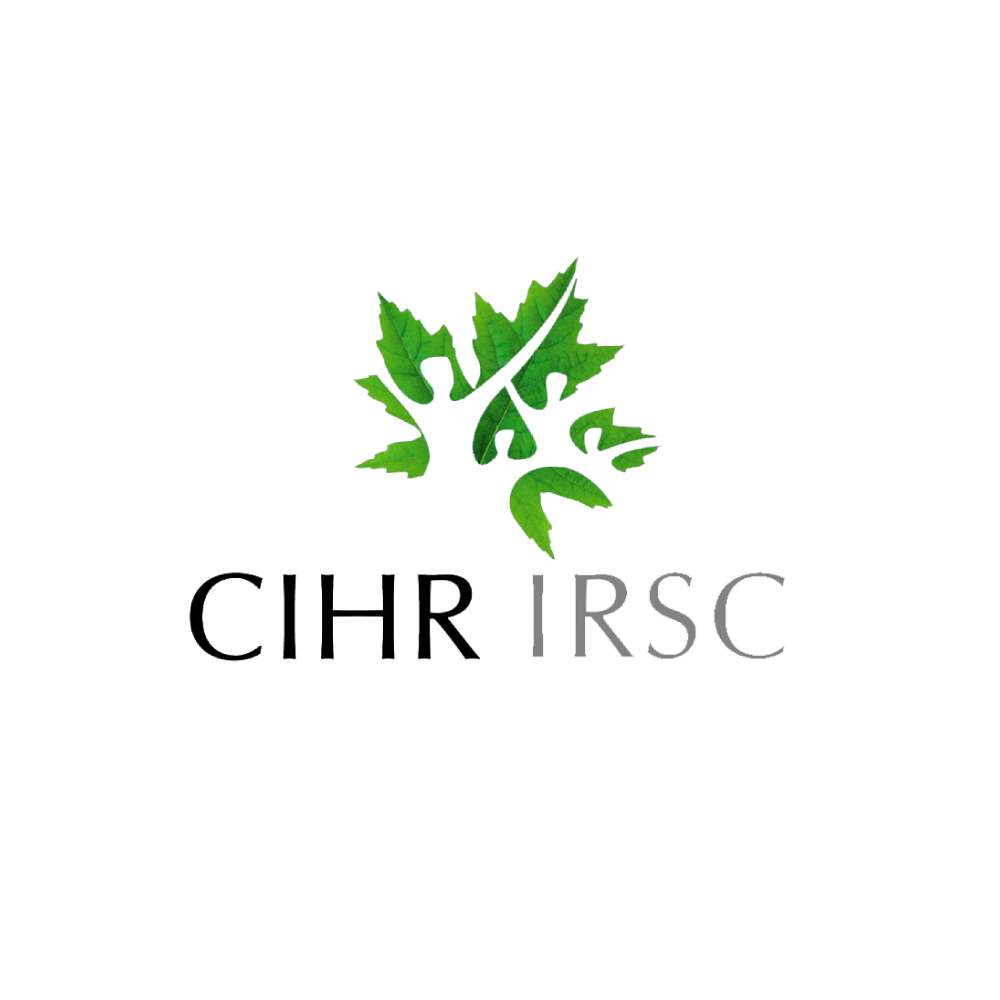
Researchers
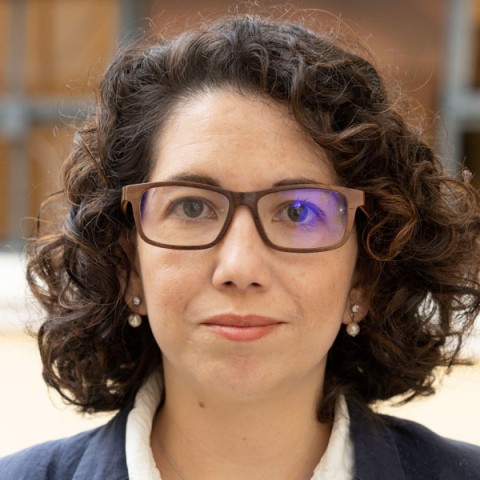
María Mercedes Eguiguren
PhD in Political and Social Sciences from the Catholic University of Louvain. Non-tenured professor at USFQ since 2021 and visiting professor at FLACSO Ecuador. She has researched on the relationships between mobility, socio-spatial inequalities and the subjective experience of migration, and the relationships between migration policy and global regimes of power. Her book Movilidades y poder en el Sur del Ecuador, 1950-1990 won the Honorable Mention in the LASA Iberoamerican Award, in 2021. Her current research interests lie in the intersection between spatial and social inequalities in educational and professional trajectories, focusing on the motivations and aspirations that involve mobility as part of life projects and the relationships between migration and intersectional inequality. In 2022 - 2023 she will be linked to IEAD as a postdoctoral researcher in a project on the relationship between migration and food security.
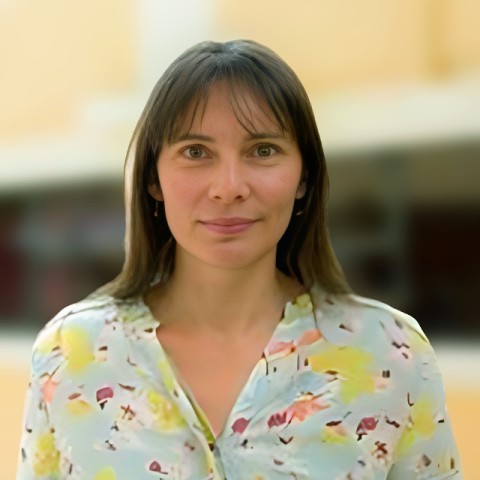
Cristen Lorena Dávalos O’Neill
D. in Political Science and Human Geography (Queen Mary, University of London, UK). Her research interests include social development, international migration, mobility and gender equity in Latin America.
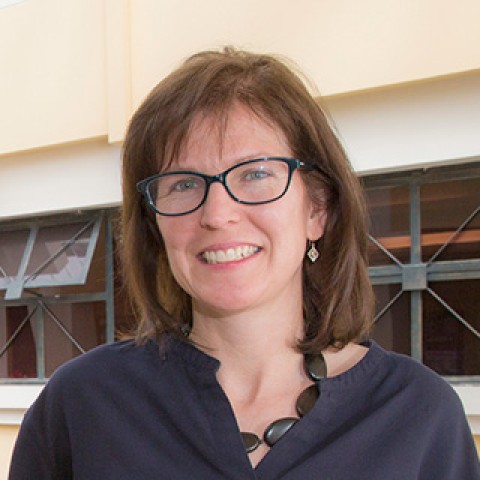
Cheryl Martens
D. in Sociology, University of Manchester, England. She is director and founding member of the Institute for Advanced Studies in Inequalities, the Latin American Network of the Pegasus Institute, and member of IAMCR and CSA. Her areas of interest and research include: Migration and Food Security in the Global South, communication and community media, digital activism in Latin America, sexual and reproductive health, gender, wellbeing, corporate social responsibility, language revitalization, indigenous cultures, with a focus on the Amazon and the sociology of culture.

Taymi Milán Paradela
Researcher in human mobility issues, with emphasis on the humanitarian response to the Venezuelan crisis. Her priority lines of research are the design of mobility policies, public intervention strategies and their link with inequality regimes. Her research work emphasizes the demands of priority groups and their multiple barriers to access to public goods and services, from an intersectional approach. As part of her research experience, she has addressed issues related to the dynamics and migration flows to Ecuador, the situation of shelters, safe spaces, protection services against gender-based violence and sexual and reproductive health services, among others. She is currently a doctoral candidate in Public Policy at FLACSO Ecuador, adjunct researcher at the Laboratory of Comparative Politics and professor of the specialization in Policy Design.
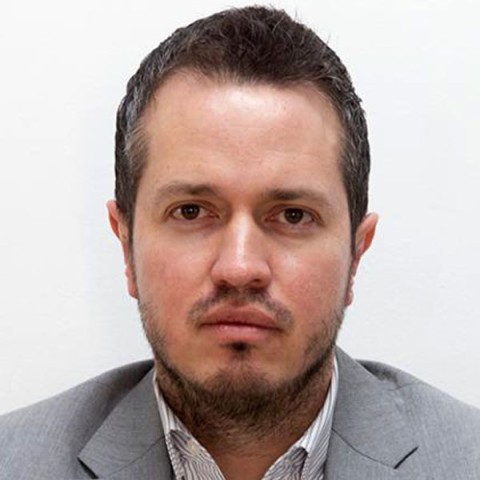
Diego Martínez G.
Sociologist and PhD in Social Sciences and Territorial Development from the University of Paris Saclay - AgroParistech - France. In 2016, His Doctoral research was awarded with the Honorable Mention in the category “Young Researcher - PhD” during the “INTERNATIONAL AWARD ON LOCAL DEVELOPMENT” in Portugal. Her priority lines of research are territorial transformations, social capital and territory, and inequalities of urban-rural actors and processes of social differentiation in relation to access to resources, local and global markets and territorial productive dynamics, among others. Among his latest publications are: “Territorial dynamics and social differentiation among the peasants of Cayambe in the northern highlands of Ecuador”, Journal of agrarian change, (UK); - “La desterritorializacion: Una noción válida para explicar el mundo rural del siglo XXI”, Revista Economía Sociedad y Territorio, (Mexico) and “Mercado de tierras agrícolas y Desterritorialización. A view from the Ecuadorian Andes”, Geograficando (Buenos Aires /Argentina).